China says US boycott of Winter Olympics ‘naked political provocation'
The Biden administration is expected to announce a diplomatic boycott of the 2022 Winter Olympics in Beijing, a move China considers “a naked political provocation.”
President Joe Biden said last month that he was weighing a diplomatic boycott of the Winter Olympics.
Biden hopes to send a message to Beijing on the world stage. But a full boycott is not expected, meaning that US athletes will still be able to compete in the games.
CNN first reported the news of the expected announcement.
The Chinese Foreign Ministry hit back at the United States for attempting to politicize the Winter Olympics.
“The Winter Olympics is not a stage for political show and political manipulation,” spokesman Zhao Lijian told a daily news briefing on Monday.
He said a diplomatic boycott would be “a serious stain on the spirit of the Olympic Charter” as well as “a naked political provocation, and a serious offense to the 1.4 billion Chinese people.”
The spokesman also called on the Biden administration to drop the plan as it would further damage bilateral ties. “If the US insists on willfully clinging to its course, China will take resolute countermeasures.”
The last time the US fully boycotted the Olympics was in 1980 when former president Jimmy Carter was in office.
When Biden took office in January, Beijing hoped that the new administration would herald a shift from the aggressive approach of former Prescient Donald Trump. But Biden has adopted as harsh a policy toward China as Trump.
The United States and China are profoundly at odds over a raft of issues, including the self-ruled island of Chinese Taipei (Taiwan), alleged abuses of Muslim Uyghurs in Xinjiang, trade tariffs, climate change and global public health.
The world’s two largest economies are also competing in technology, and maneuver for military advantages on land, in outer space and in cyberspace.
A virtual summit last month between Biden and his Chinese counterpart, Xi Jinping, produced no breakthrough steps toward better relations. Instead, both sides doubled down on points of longstanding contention, agreeing only to work to prevent competition from escalating into a broader conflict.
The Biden administration has taken steps to bolster America’s alliances with Australia, Japan, India and other countries to counter China’s growing influence in the Pacific region.
Secretary of State Antony Blinken has called managing the relationship with China “the biggest geopolitical test of the 21st century.”
Iran: Israeli violations main obstacle to peace, security in Syria
Indian author pulls out of Berlinale over jury’s ‘unconscionable’ refusal to comment on Gaza
Bangladesh Nationalist Party secures victory in general election
VIDEO | British High Court rules against ban on Palestine Action Group
Tehran urges ‘serious’ revision in EU ‘unconstructive’ approaches
Hamas slams Israeli settlers’ ‘criminal aggression’ in West Bank
VIDEO | Press TV's news headlines
VIDEO | Iran launches 'Holy Qur'an Does Not Burn' campaign to restore mosques damaged in unrest



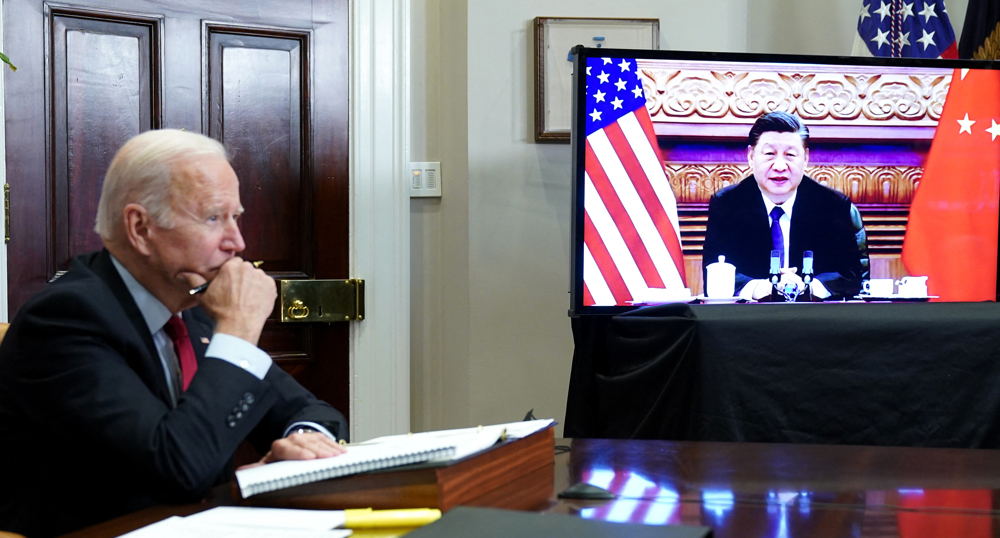


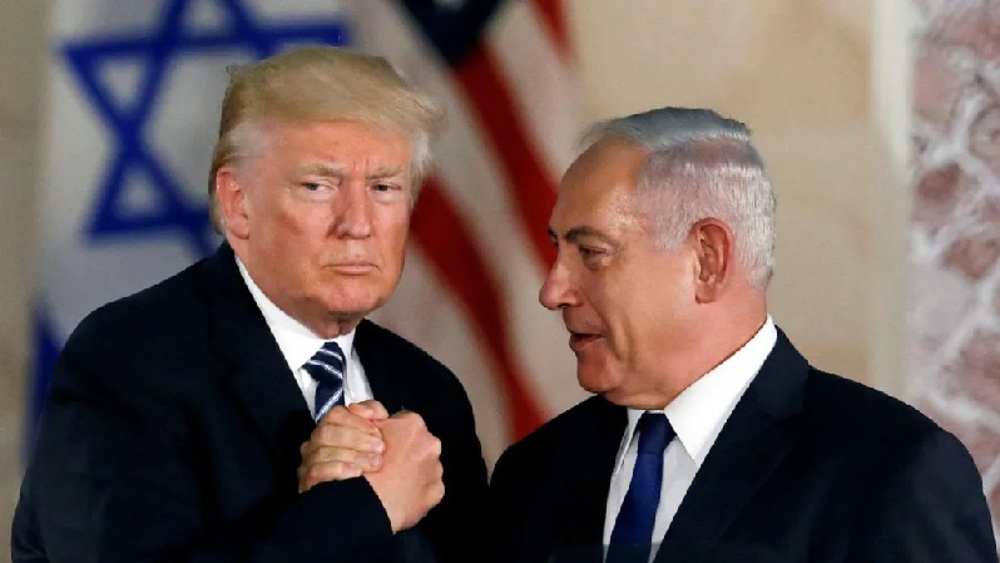
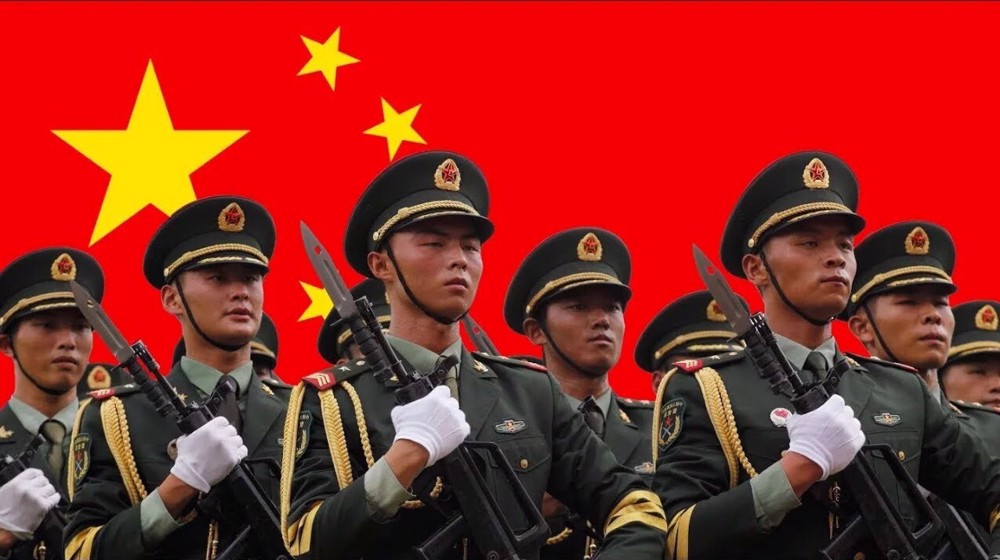



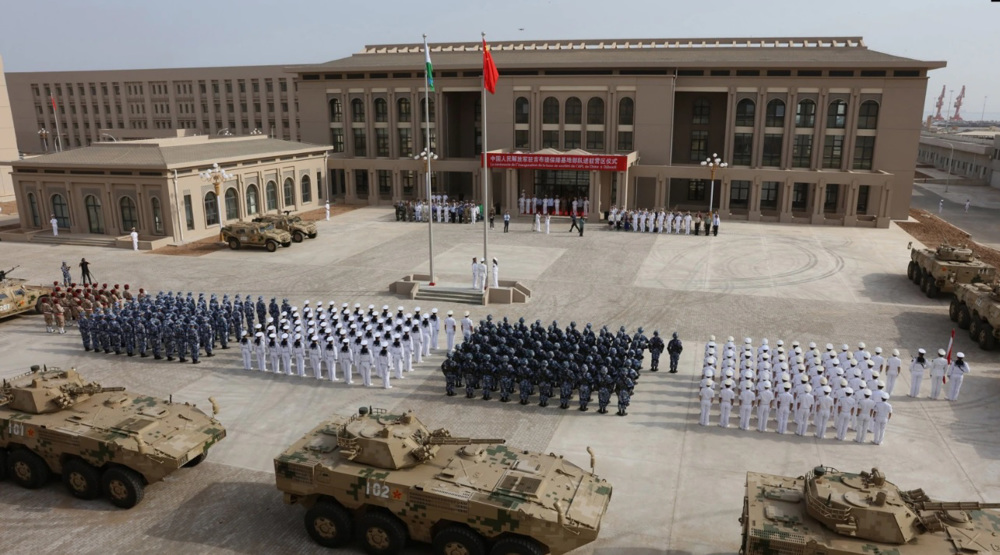
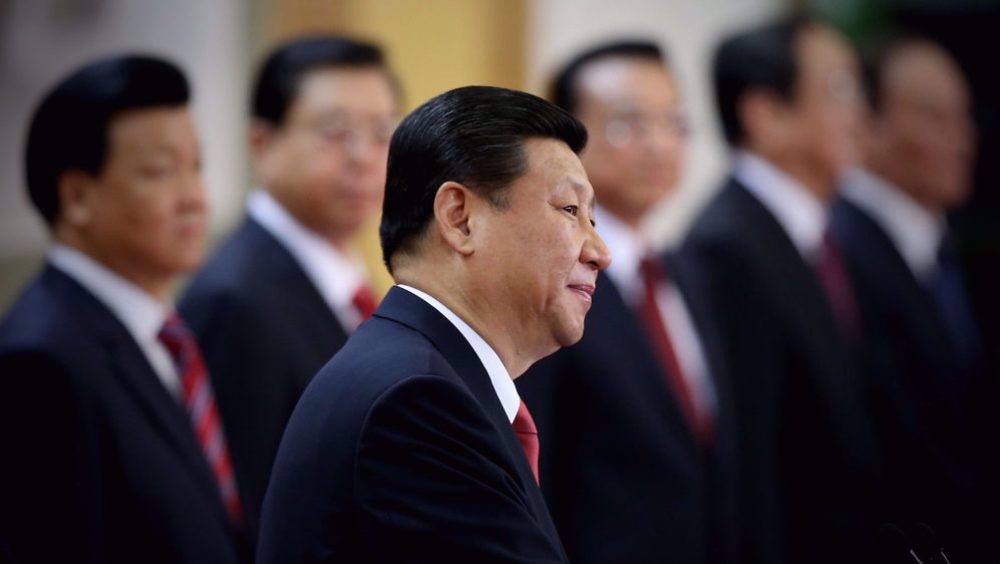
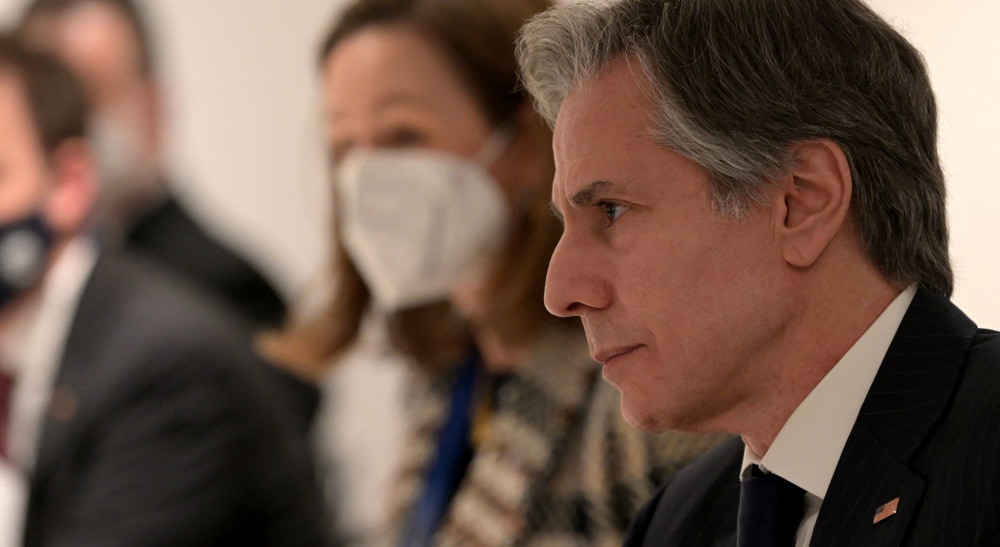
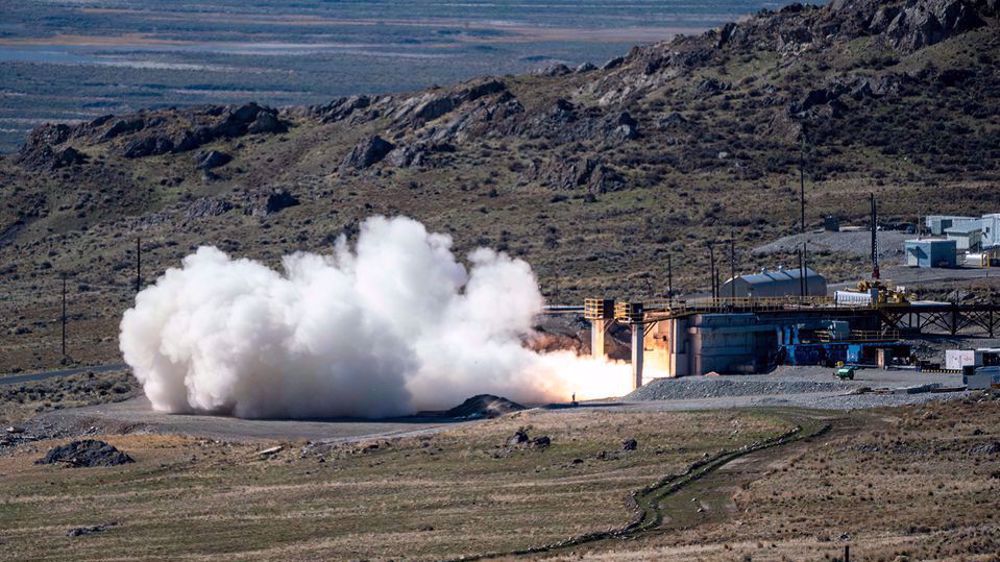

 This makes it easy to access the Press TV website
This makes it easy to access the Press TV website